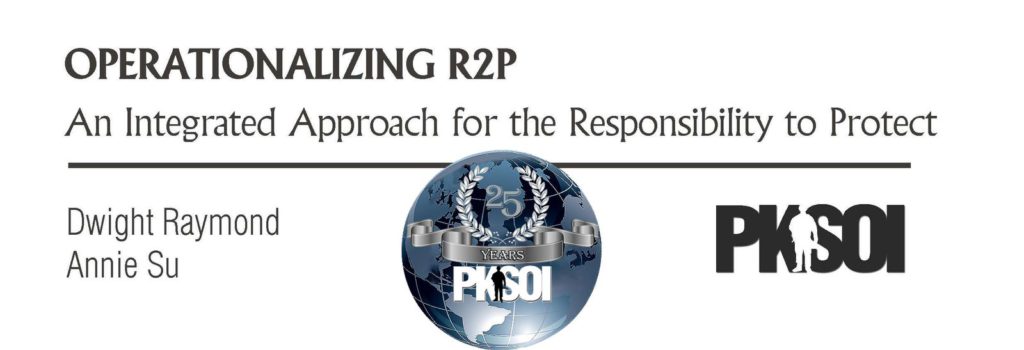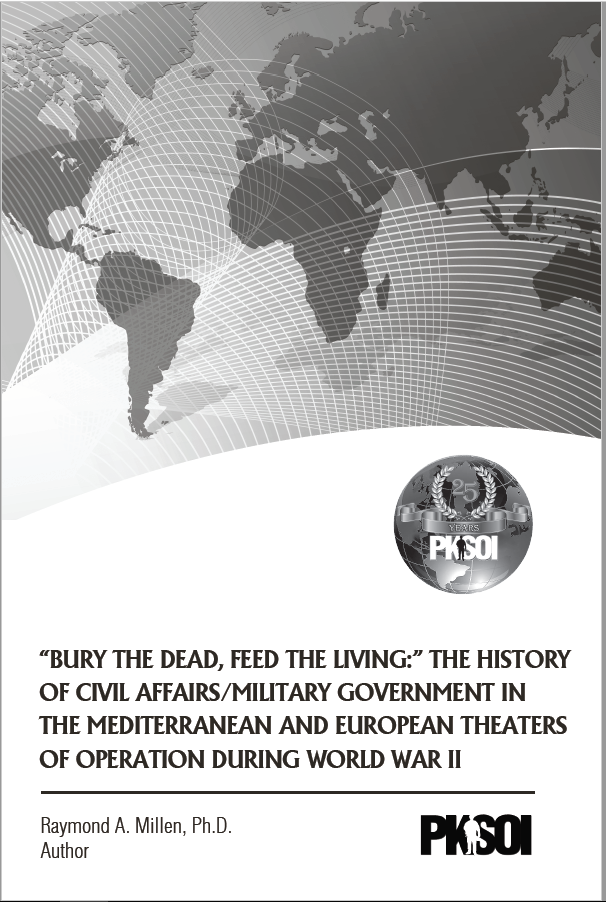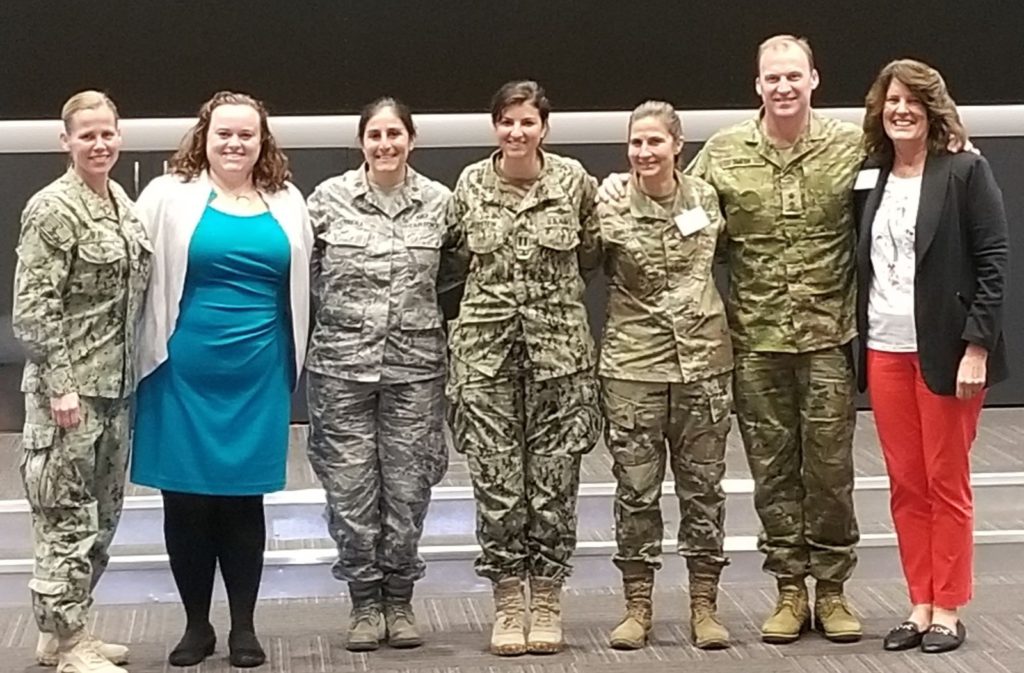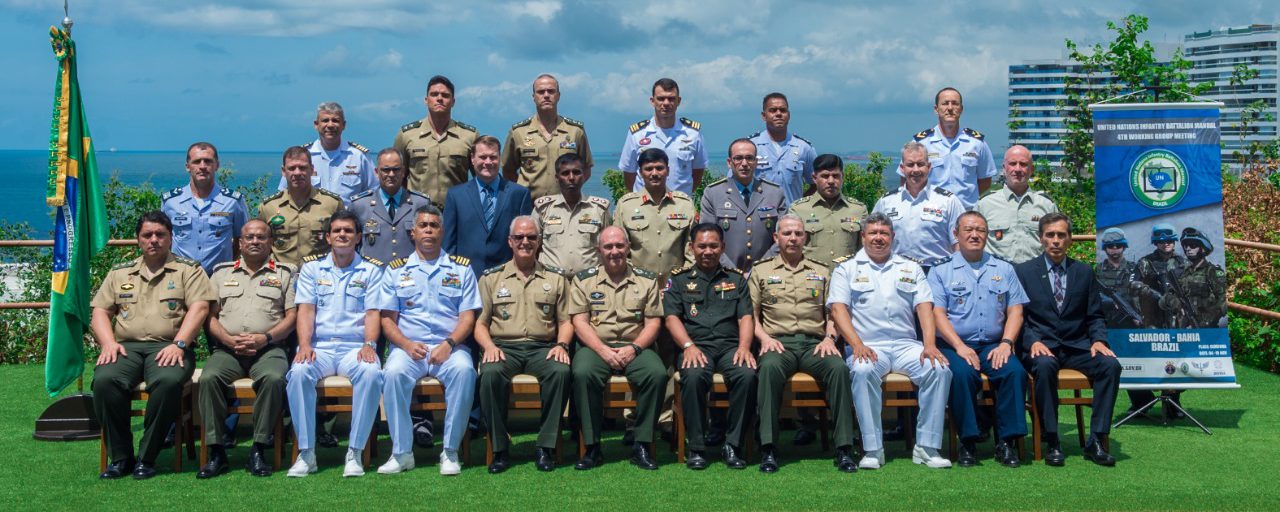By Curt Keester 15 April 2019
CARLISLE, Pa. (April 9, 2019) – Peace and stability operations experts from the Department of Defense, Department of State and U.S. Agency for International Development discussed plans for future activities in complex operating environments during a three-day workshop at the Army War College.
The Peacekeeping and Stability Operations Institute hosted its annual Peace and Stability Operations Training and Education Workshop in Root Hall, April 3-5, 2019. Throughout the three days, trainers, educators and planners from military, civilian, governmental and non-governmental organizations, stability centers and institutions shared best practices, worked through challenges and shared methodologies.
This year’s theme focused on “Forecasting Peacekeeping and Stability Requirements in a Changing World.” The civilian and military practitioners took part in theme-related working groups that focused on stability planning, integrated campaigning, defense institution building and institutional capacity building, transitional public security application, women, peace and security, and defense support to stabilization.
The working group discussions provided insights, assessments, and recommendations on education, training, and leadership development within the peace and stability operations community. Afterward, the groups presented findings to a senior leader panel.
“We’re talking about training and education of security cooperation practitioners for institutional capacity building,” said John Sannar, the coordinator for Defense Institution Building at U.S. Africa Command. “Institutional capacity building is a new and dynamic area within security cooperation, and so talking about training and education of security cooperation professionals in this area is a timely topic for us.” Sannar facilitated the “Training and Education Security Cooperation Practitioners for Institutional Capacity Building” working group discussion.
The goal was to produce products to train and educate the joint force and international partners on peace and stability operations, provide a forum that addresses the equities of the community of practice and its activities, and to foster collaboration between the joint professional military education and academic communities.
“This year’s PSOTEW was an extremely successful event, due to the efforts of the working group leads,” said Col. Jim Lowe, Deputy Director of PKSOI. “Each year the event gets better from the participation of a wide community of interest and stakeholders. With their participation and feedback, we make progress across the whole of government as well as international partners.”
To read more Click Here















